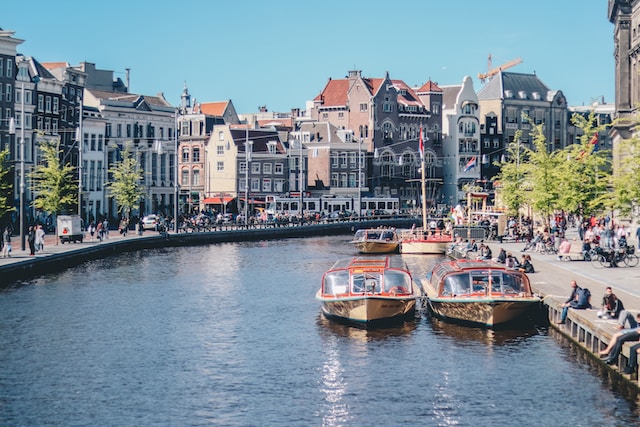Freelancers are self-employed foreigners or Dutch businesspeople who are not dedicated to any one long-term customer or employer. In the Netherlands, they are referred to as ZZP’ers (zelfstandige zonder personeel or “independent with no staff”). Freelancers often prefer their job arrangement because they have more freedom and the option to work for whomever they want and from wherever they like. Freelancers who want to live and work in the country must possess a current residence permit. The Dutch Chamber of Commerce is where they must register their company. They also have to choose a legal form that most closely matches their preferences since working as a freelancer is not a recognized legal company structure in the Netherlands. One-person business (Eenmanszaaks) is the most common kind of business entity.

These other articles might interest you:
Legal framework
There are certain legal frameworks to comply with to function as a freelancer or self-employed person in the Netherlands. If your yearly revenue reaches a specific amount, you must register with the Dutch Chamber of Commerce (Kamer van Koophandel) and receive a VAT number (BTW-nummer). You will also be in charge of paying your own taxes and social security payments.
Opportunities for self-employment and freelancing for foreigners
There are several chances for freelance work and self-employment for foreign nationals in the Netherlands. Here are a few well-liked choices:
Tech services
The tech sector is growing in the country, where there are many startups, well-established businesses, and tech clusters. There is a considerable need for freelance IT specialists, software developers, web designers, and other tech-related workers. Some of the thriving tech skills include programming languages, software development, cybersecurity, UX/UI design, and other IT disciplines. To get freelance jobs, expats with expertise in these skills can network with local businesses, attend industry events, and make use of Internet job boards.
Creative industry
Advertising, design, photography, fashion, and filmmaking are just a few of the thriving creative industries in the country. Expats with expertise in these fields may work as independent contractors. You may build relationships and get freelance employment by visiting creative events and exhibits, networking with business people in the field, and exhibiting a solid portfolio.
Interpretation and translation
Due to its diversity, the country needs language services. Multilingual expats might find independent employment as translators or interpreters. This may include document translation, interpretation support during conferences or meetings, or localization assistance for companies entering the Dutch market. You may get freelancing jobs by setting up an internet profile, becoming a member of professional organizations, and working with translation companies.
Event planning
Throughout the year, the country holds a large number of gatherings, conferences, and trade shows. Events may be planned, organized, and coordinated by freelancers with experience in event management. You may get freelancing jobs by displaying your event management portfolio, networking with other event planners, and joining trade organizations.
Freelance editing and writing
Expats who are proficient in English may work as freelance writers and editors for Dutch companies and media. Writing articles, revising manuscripts, developing marketing materials, and providing content for websites are all examples of this. You may discover writing and editing jobs by creating an online portfolio, contacting publishers and content companies, and using freelance employment portals.
Marketing and design
The Netherlands offers freelancing employment for marketing strategists, graphic designers, social media managers, and content producers. Local companies often need help with graphic design projects, social media campaigns, digital marketing initiatives, and branding. You may obtain freelance jobs by developing an online presence, showing your design or marketing portfolio, and networking with specialists in the field.
Consulting
Expat consultants who have experience in areas like finance, marketing, human resources, or management may work with Dutch businesses. You may perform market research, create company plans, give project management assistance, and more as a freelancer. You may meet new customers via networking professionally, going to industry events, and using web resources.




